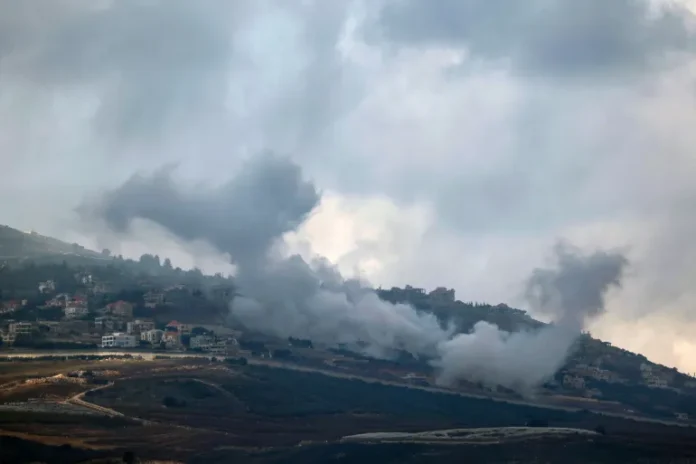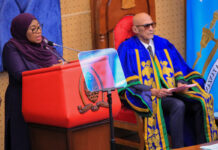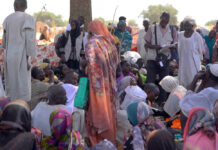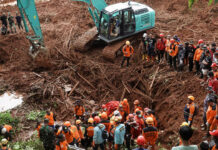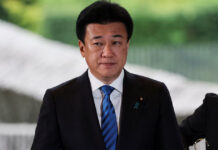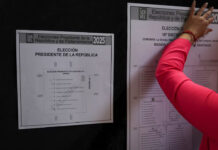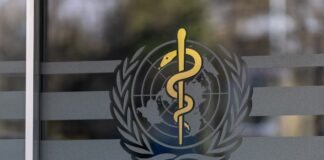Written By Lisa Murimi
As the war in Gaza continues, fears of another Middle East conflict are growing, with potentially devastating consequences for the region and beyond.
For the past nine months, Israel and the Lebanese armed group Hezbollah, backed by Iran, have been exchanging fire across their shared border.
Should this conflict escalate to an all-out war, it could surpass the destruction in Gaza, drawing in Iranian-backed militias in Iraq and Yemen, spreading unrest across the Middle East, and potentially involving the United States. The United Nations has warned of a “catastrophe beyond imagination.”
Currently, a low-level conflict simmers along a 120km (75-mile) stretch of border, but one spark could ignite a wider war. In the ancient Lebanese city of Tyre, the sounds of explosions have become a part of daily life. “Another day, another bomb,” said Roland, 49, as he relaxed at a beach resort, reflecting the uneasy acceptance of the conflict.
The ongoing exchanges have already caused significant displacement and destruction. More than 90,000 people in Lebanon and about 60,000 in Israel have been driven from their homes. The death toll includes 21 Israeli soldiers and 12 civilians, while Lebanon has reported 466 deaths, primarily fighters according to Hezbollah.
Hezbollah, classified as a terrorist organization by many countries, including the UK and the US, possesses a formidable arsenal believed to contain over 150,000 rockets and missiles. Iran, Hezbollah’s backer, continues to train and fund the group, intensifying the threat to Israel.
The conflict began on October 8, last year, when Hezbollah fired into Israel in support of Hamas after Hamas militants killed about 1,200 Israelis. The situation has since escalated with thousands of cross-border strikes, leading several countries to urge their nationals to leave Lebanon.
Both sides have largely targeted military sites, but civilian areas in Lebanon have also suffered significant damage. International concerns have grown over Israel’s use of white phosphorus, a chemical that causes severe burns and has been deployed in populated areas.
Hezbollah’s leader, Hassan Nasrallah, has stated the group is ready for war but not seeking it. However, Israel views Hezbollah as a significant threat and has issued warnings of severe retaliation.
With diplomatic solutions elusive and tensions high, the threat of a full-scale war looms large over the region, threatening to plunge it into further chaos.









